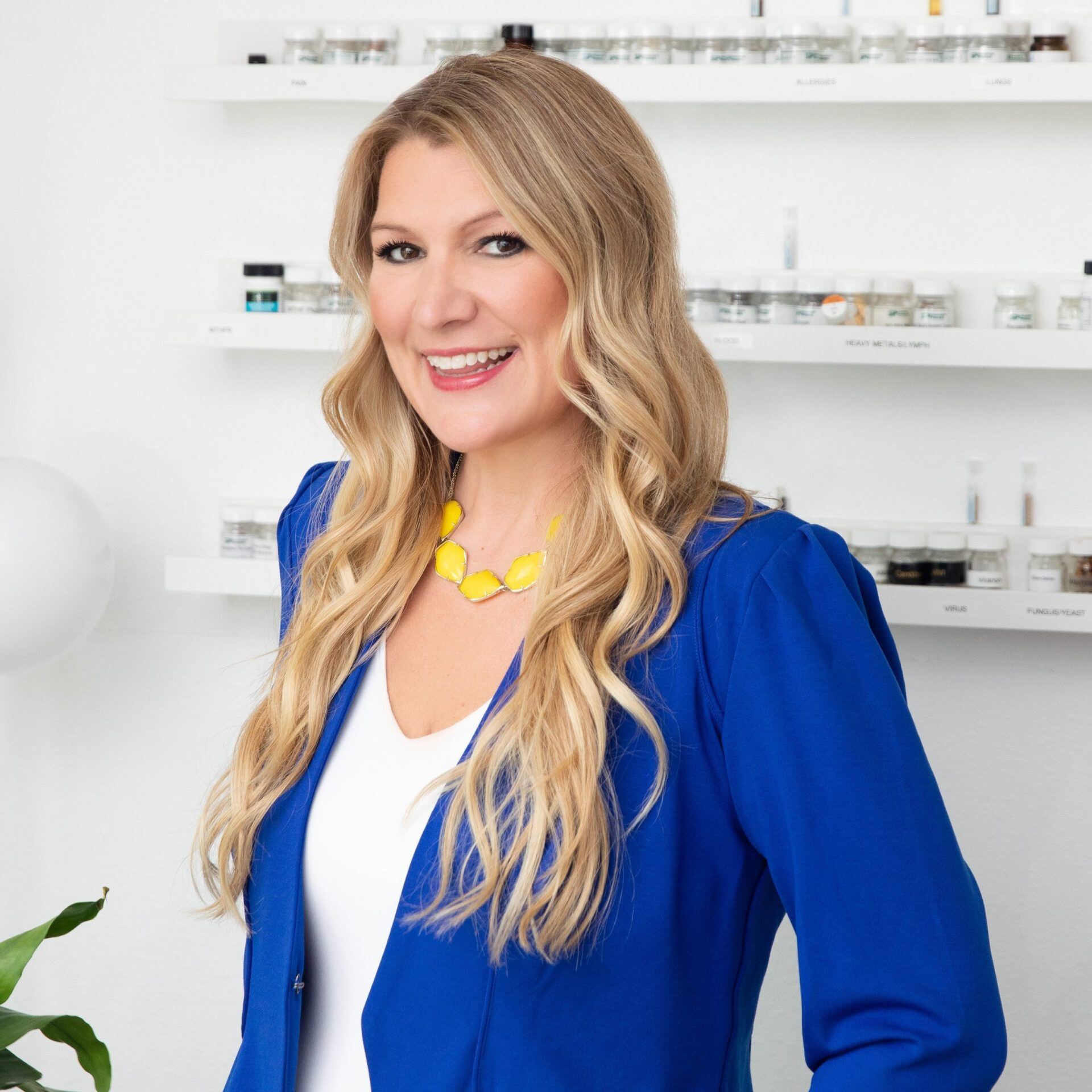Strengthen Your Bones, Enhance Your Life
How Osteoporosis Could be Affecting Your Health
Osteoporosis is a condition that weakens bones, making them more susceptible to fractures. Often referred to as a “silent disease,” osteoporosis can progress without noticeable symptoms until a fracture occurs. At Infinity Wellness, we take a root-cause approach to bone health, addressing underlying factors like nutrient deficiencies, hormonal imbalances, and lifestyle habits to help strengthen your bones and enhance your overall quality of life.


Common Symptoms & Risk Factors
- Frequent fractures or broken bones
- Loss of height over time
- Poor posture or stooped back
- Chronic back pain
- Risk factors: family history, age, low calcium intake, sedentary lifestyle
Building a Strong Foundation for Long-Term Wellness
Bone health plays a critical role in maintaining mobility, strength, and overall health as you age. Beyond preventing fractures, strong bones support better posture, reduced risk of chronic pain, and improved quality of life. By taking a proactive approach, you can significantly reduce your risk of developing osteoporosis and its associated complications.
Personalized Care for Bone Health and Strength
At Infinity Wellness, we provide comprehensive solutions to promote bone density and overall health. Our approach may include:
Nutritional Optimization for Bone Health
Ensuring adequate intake of calcium, vitamin D, and other essential nutrients to support bone density.
Hormonal Balance
Addressing hormonal imbalances, particularly in postmenopausal women, to protect bone health.
Physical Activity and Weight-Bearing Exercises
Implementing exercise routines that promote bone strength and flexibility.
Lifestyle Adjustments and Risk Reduction
Advising on habits that minimize bone loss, including smoking cessation and alcohol moderation.
Take the First Step Toward Better Bone Health
Managing and preventing osteoporosis requires a comprehensive, individualized approach. At Infinity Wellness, we help you build a strong foundation for lasting health.
Schedule Your Initial Consultation
Begin with a detailed consultation to discuss your health history, lifestyle, and concerns related to bone health.
Comprehensive Bone Health Assessment
We may recommend tests such as bone density scans and nutritional assessments to determine your risk level and tailor your treatment plan.
Develop a Personalized Treatment Plan
Based on your assessment, we’ll create a plan that includes nutritional guidance, exercise routines, and any necessary supplements to promote bone strength.
Ongoing Support and Monitoring
Regular follow-ups ensure your progress is monitored, and adjustments are made as needed to maintain optimal bone health.
Ready to Start Your Journey to Recovery? Take the First Step Today!
Stay Updated with the Latest in Wellness
Stay ahead in your health journey! Dive into the latest wellness tips, powerful strategies, and inspiring community stories on our blog—your go-to resource for staying informed, motivated, and empowered every step of the way.





